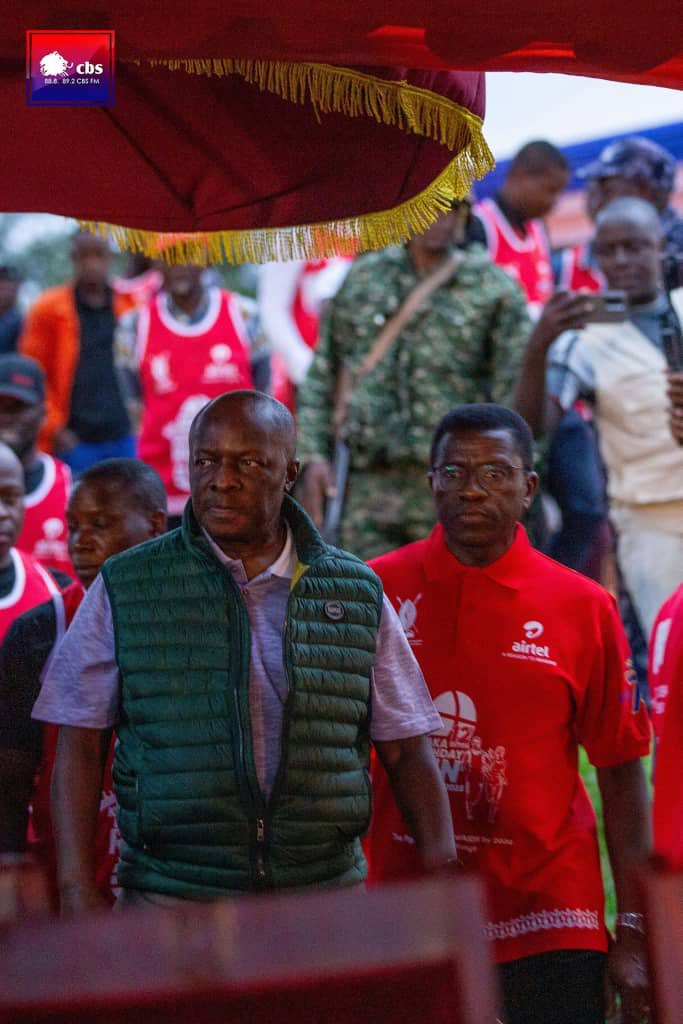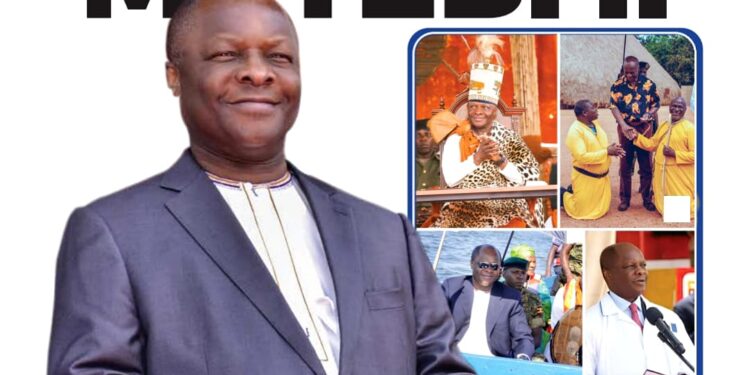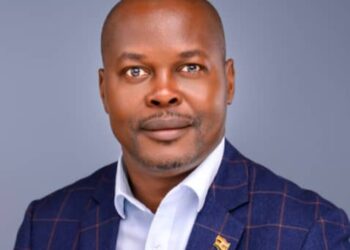As Kabaka Ronald Muwenda Mutebi II marks his 70th birthday, his legacy stands as a testament to resilience, cultural revival, and transformative leadership. Since his coronation in 1993, following the abolition of Buganda’s monarchy in 1966, the Kabaka has not only restored the kingdom’s prestige but also redefined its role in modern Uganda. His reign has been a masterclass in balancing tradition with progress, fostering unity, and driving socio-economic development.
A Royal Union That Reinforced Cultural Values
The Kabaka’s 1999 marriage to Nnabagereka Sylvia Nagginda was more than a ceremonial event—it was a strategic reaffirmation of family values in Buganda’s cultural fabric. The Nnabagereka Development Foundation, under her leadership, has empowered young women through education, leadership training, and entrepreneurship programs, complementing the Kabaka’s vision for a progressive yet culturally rooted society.
Restoration and Governance: A Kingdom Rebuilt
Buganda’s monarchy was dismantled in 1966 by Milton Obote’s government, leaving a void in cultural leadership. Its restoration in 1993 marked the beginning of a new era. Today, the kingdom operates under a structured governance system:
- The Kabaka’s Cabinet, led by the Katikkiro (Prime Minister), oversees administration.
- The Lukiiko (Parliament)legislates on Buganda affairs.
- Clan headspreserve traditions, from totems to lineage customs.
- A network of chiefs—Ssaza (county), Ggombolola (sub-county), Miruka (parish), and Mutongole (village)—ensures grassroots governance.
This system has fostered unity and development. For example, Ssaza chiefs in Kyaggwe have spearheaded sanitation projects, directly responding to the Kabaka’s emphasis on community welfare.
A Pragmatic Partnership with the Central Government
One of Kabaka Mutebi’s most consequential achievements has been his pragmatic relationship with President Yoweri Museveni. Since the monarchy’s reinstatement, their collaboration has contributed to national stability. While Museveni handles state governance, the Kabaka’s cultural leadership has helped mitigate regional tensions. Their joint appearances at events—coronations, national celebrations, and development launches—symbolize a delicate but effective balance between cultural autonomy and national unity.
This partnership has also facilitated infrastructure growth, including the Entebbe Expressway, and improved security, ensuring Buganda remains a pillar of Uganda’s stability.
Socio-Economic Renaissance: From Culture to Commerce
Under Kabaka Mutebi, Buganda has experienced a revival in multiple sectors:
- Media & Arts: CBS FM revolutionized Ugandan music and theater, launching stars like Bebe Cool.
- Sports: The Masaza Cup and Bika Bya Baganda tournaments foster unity and pride.
- Agriculture: The Mwanyi Terimbacampaign has boosted coffee production, with Kayunga farmers leading exports.
- Health: The Kabaka Birthday Run raises millions for sickle cell awareness, with new health centers planned in Ssembabule.
- Environment: Reforestation projects, like those in Namayumba, combat deforestation.
- Education: Mutesa I Royal University promotes STEM education with Buganda’s support.
- Finance: Powesa’s microloans empower traders in Kampala’s Kikuubo Market.
- Tourism & Real Estate: Restored sites like Wamala Tombs attract visitors, while Buganda Property Agency drives urban development.
Visionary Katikkiros: Architects of Progress
Two prime ministers have been instrumental in executing the Kabaka’s vision:

- Joseph Mulwanyamuli Ssemogerere (1993-2005): A strategic negotiator, he reclaimed Buganda’s assets (including Bulange land titles) and advocated for federalism.
- Charles Peter Mayiga (2013-present): A modernizer, he streamlined the Cabinet, launched Ettoffaali(crowdfunding Kasubi Tombs’ restoration), and expanded Buganda’s media reach with BBS Telefayina.
A Legacy That Inspires Beyond Buganda
From his early morning jogs near Banda Palace—where I once glimpsed him as a primary school pupil—to his enduring presence as a unifying figure, Kabaka Mutebi’s leadership has transformed Buganda. His 30-year reign has woven tradition, enterprise, and unity into the kingdom’s identity, setting an example for Uganda and beyond.
As he turns 70, the question is not just what he has achieved, but how his legacy will guide future generations. For now, one thing is clear: Buganda is stronger, prouder, and more dynamic than it has been in decades—and Kabaka Mutebi is the architect of that revival.
—
The writer can be reached at kampalaplanet@gmail.com
Mike Ssegawa is a Ugandan journalist, editor, and political analyst with over a decade of experience covering governance, culture, and socio-economic developments in Uganda and East Africa.
Do you have a story in your community or an opinion to share with us: Email us at editorial@watchdoguganda.com













